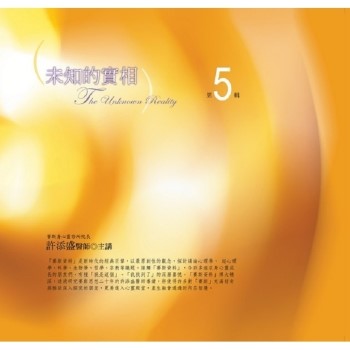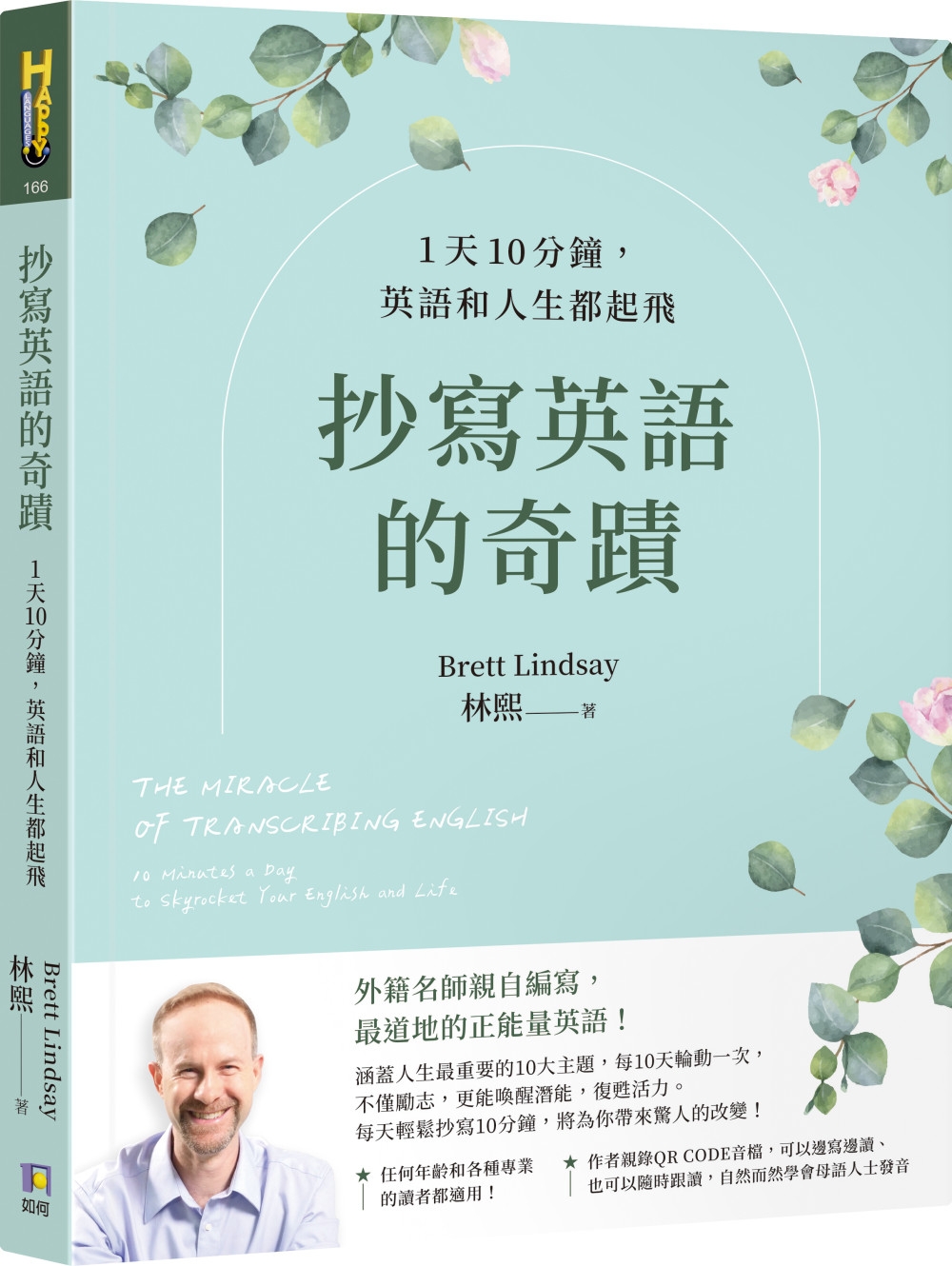An illuminating in - depth exploration of the complexities - and perhaps audacity - of naming the unnameable. One of the oldest and most beloved prayers - known even to Jews who rarely attend synagogue - is Avinu Malkeinu (’’Our Father, Our King’’), a liturgical staple for the entire High Holy Day period. ’’Our Father, Our King’’ has resonance also for Christians, whose Lord’s Prayer begins ’’Our Father.’’ Despite its popularity, Avinu Malkeinu causes great debate because of the difficulties in thinking of God as father and king. Americans no longer relate positively to images of royalty; victims of parental abuse note the problem of assuming a benevolent father; and feminists have long objected to masculine language for God. Through a series of lively introductions and commentaries, almost forty contributors - men and women, scholars and rabbis, artists and thinkers from all Jewish denominations and from around the world - wrestle with this linguistic and spiritual conundrum, asking, ’’How do we name God altogether, without recourse to imagery that defies belief?’’
| FindBook |
有 1 項符合
Naming God: Avinu Malkeinu " Our Father, Our King [Large Print 16 Pt Edition]的圖書 |
![Naming God: Avinu Malkeinu Our Father, Our King [Large Print 16 Pt Edition]](https://www.books.com.tw/img/F01/a74/83/F01a748313.jpg) |
Naming God: Avinu Malkeinu " Our Father, Our King [Large Print 16 Pt Edition] 作者:Hoffman 出版社:ReadHowYouWant 出版日期:2015-07-01 語言:英文 規格:平裝 / 528頁 / 23.39 x 15.6 x 3.33 cm / 普通級/ 初版 |
| 圖書館借閱 |
| 國家圖書館 | 全國圖書書目資訊網 | 國立公共資訊圖書館 | 電子書服務平台 | MetaCat 跨館整合查詢 |
| 臺北市立圖書館 | 新北市立圖書館 | 基隆市公共圖書館 | 桃園市立圖書館 | 新竹縣公共圖書館 |
| 苗栗縣立圖書館 | 臺中市立圖書館 | 彰化縣公共圖書館 | 南投縣文化局 | 雲林縣公共圖書館 |
| 嘉義縣圖書館 | 臺南市立圖書館 | 高雄市立圖書館 | 屏東縣公共圖書館 | 宜蘭縣公共圖書館 |
| 花蓮縣文化局 | 臺東縣文化處 |
|
|
圖書介紹 - 資料來源:博客來 評分:
圖書名稱:Naming God: Avinu Malkeinu " Our Father, Our King [Large Print 16 Pt Edition]
|










